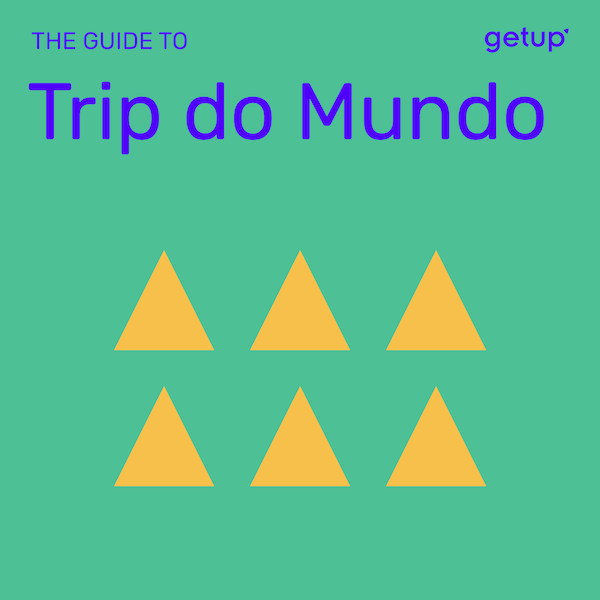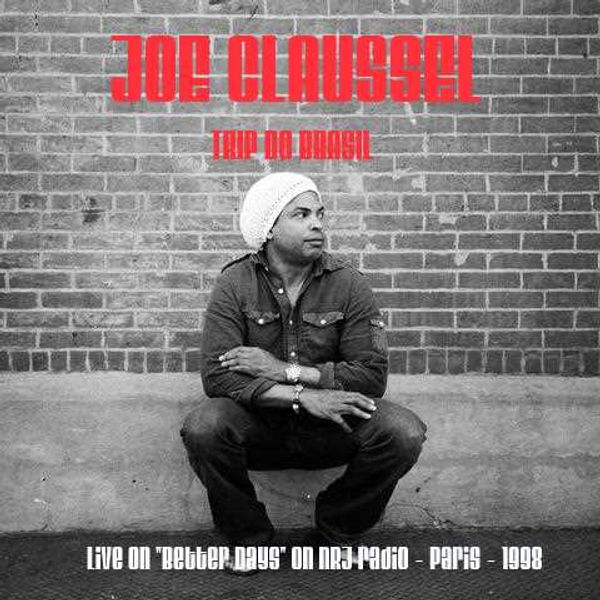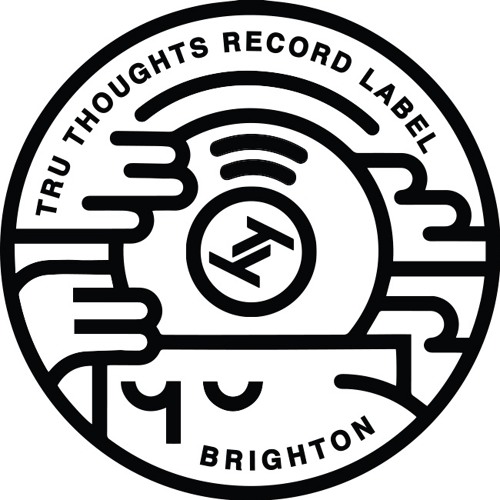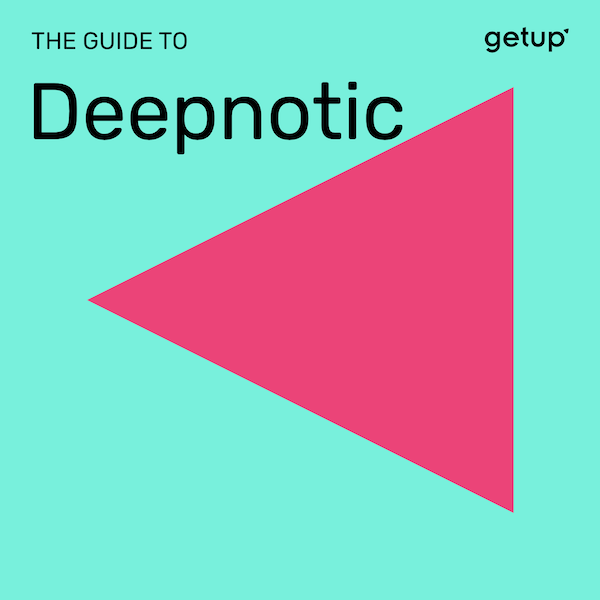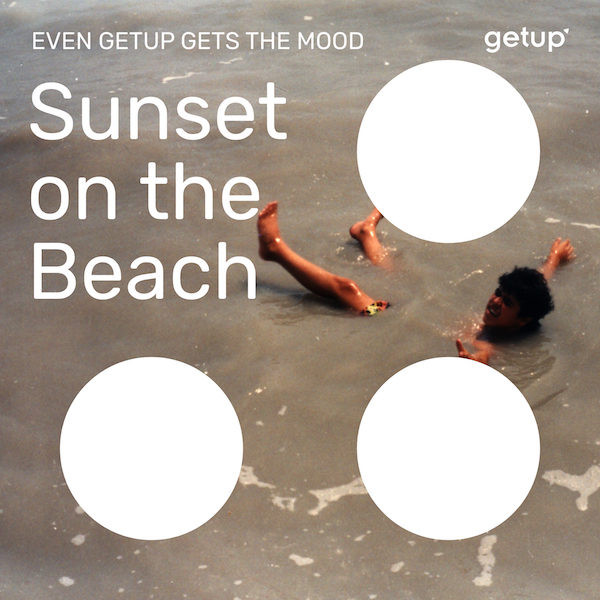When I produced Trip Do Brasil, I asked electronic musicians to create a track inspired by Brazilian music. Luckily, I had an opportunity to speak directly with local musicians about this. At the time, I felt proud, and so sure of my concept, yet my idea was met with massive indifference. And it took me a while to understand why. Then I tried to imagine what my reaction would be if foreign artists had asked me to remix “typical French music”, such as an accordion-based traditional “musette”, or Yvette Horner’s or Edith Piaf’s songs...
And the truth is this: one's music will always be “world music” to another person not from that “world”! Traditional music of rural French regions will not interest me as much as it captivates an Indonesian listener. In the era of the internet, this may seem obvious, but it has not always been like that.
Let's take a look back… For a long time, music has developed itself within a national audience. Most successful foreign productions were often translated and adapted. Traditional records were audio tokens for ethnologists. During the Great War, American jazz infiltrated a good part of Europe, via the arty Parisian neighborhood Saint-Germain-des-Prés. Then, following the kitsch movement and a passion for cocktail parties, the 1950s were the ideal era for a massive production of mambo, chacha and biguine 45s. Then bossa nova soon was inaugurated the award of “world music” champion. The aroma of Antônio Carlos Jobim, Stan Getz and João Gilberto’s music has put Brazil on the map forever until present day. In 1962, Jamaica, a newly independent land, propelled an immigration wave to England. After bluebeat and ska, Bob Marley gave reggae its political dimension, then followed by Fela’s shrine in Nigeria and Cuban salsas. The 1980s saw an explosion of African artists, the 1990s favoured the Eastern and Celtic sounds, and the 2000s put focus on Northern European music. Then in 2010 the melting pot finally became global!
Native productions, remixes, wild disco, afro-house… here is a tour of the world’s non-traditional world music.
The journey begins with the rockers Hi-Fi, who set the tone by placing Ella Fitzgerald in the middle of a batucada. Then comes the sweetness of DJ Spinna for Trip Do Brasil with Monet on the flute. Next, Brooklyn Funk Essentials who went to Turkey to record with Laço Tayfa’s orchestra, whilst Quantic did the same thing in Cuba. After that, Marcos Valle, always where it’s at, with his mix of bossa nova and house. Masterful!
What comes next is more transey, with an Electric Gypsyland remix and a bewitching track by Musafir, “The Gypsies of Rajasthan”. Tony Allen meets Damon Albarn, African Head Charge finds Adrian Sherwood, and Jonny Greenwood from Radiohead gets together with the Israeli-Hindi Shye Ben Tzur. The masters of English studios roam until meeting the master of African electro, King Sunny Ade, who invented the sound in Ghana in 1977!
The rhythm accelerates and the pulse is global. DJ Dolores in Brazil, Daniel Grau and Eko who put Venezuela and Cameroon on the disco map, Sean Kuti and his cover of one of his father’s last hymns, Kruder who remixes Bebel Gilberto, Joao’s daughter, and Amadou Et Mariam remixed by Henrik Schwarz. Finally, the unmissable producers of this electro-world fusion: St Germain, Da Lata by DJ Patrick Forge, and Elements Of Life, Louie Vega’s hybrid band.
We finish with something more for the dancefloor with the ever-present producer Boyd Jarvis, a zouk mix by Dimitri, and a series of devilishly effective remixes: Mongo Santamaria by Claussell, Johnny Blas by Carl Craig, Salif Keita by Luciano, and Cesaria Evora Gilb’R and I-Cube’s band! Seriously.
And to round things off, the infinite groove that is Japan’s Chari Chari, a re-release and rediscovery of oriental synths from Abdou El Omari, and Babla, king of Bollywood soundtracks who has also succumbed disco fever and who, here with his wife, send their smooth sound direct from India.
One small song for a man, a giant leap for mankind!
